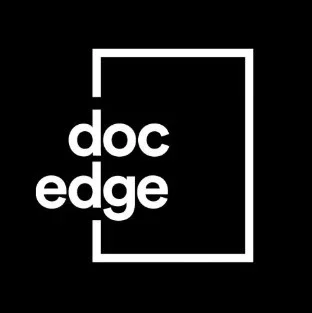Doc Edge 2025 Craccum Coverage | A Quiet Love
A tourist's vision of the deaf community that will not challenge anyone's presupposed notions of disability.
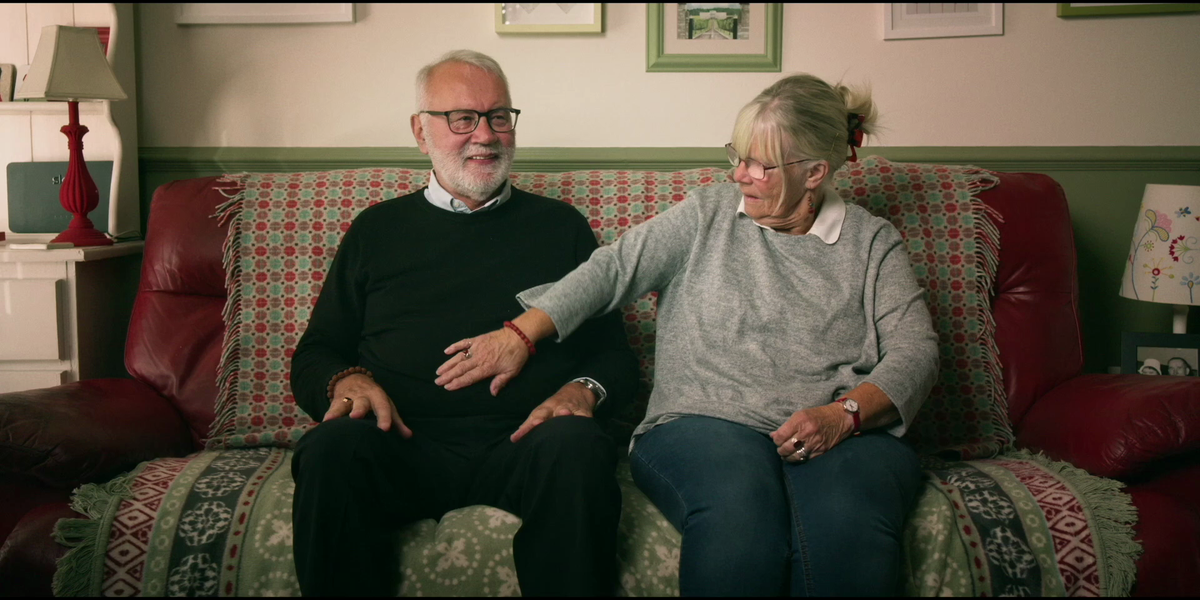
The central message of A Quiet Love is that being Deaf isn't a limitation to living a normal and fulfilling life, and it is a celebration of lived experiences. However, at times, the way the documentary portrays those living with hearing disabilities feels a bit artificial.
After my viewing, the documentary made me reflect on the concept of foregoing the deficit thinking that deafness is a disability. I feel that such an approach, while positive and progressive, ignores the diversity and beauty of the lived experiences of deaf people and their unique perspectives on life. Perhaps moving from deficit to difference would be a better target that doesn't gloss over their lived experiences as just being like "normal".
The concept of awareness in the disabled community is divisive. On the one hand, more people need to realise our common humanity and accommodate the needs of everyone so that deaf people can autonomously partake in "normal" activities despite their condition. But on the other hand, there is still a need for understanding that people are different. Accepting those differences and making the conscious decision to learn more about their unique experiences, and embracing these contrasting expressions of individuality rather than striving for a homogenised "normality" of life. I would argue there is no such thing as a normal lifestyle: any conception of this, even if based on lived experiences, is inherently artificial and constructed, much like this documentary.
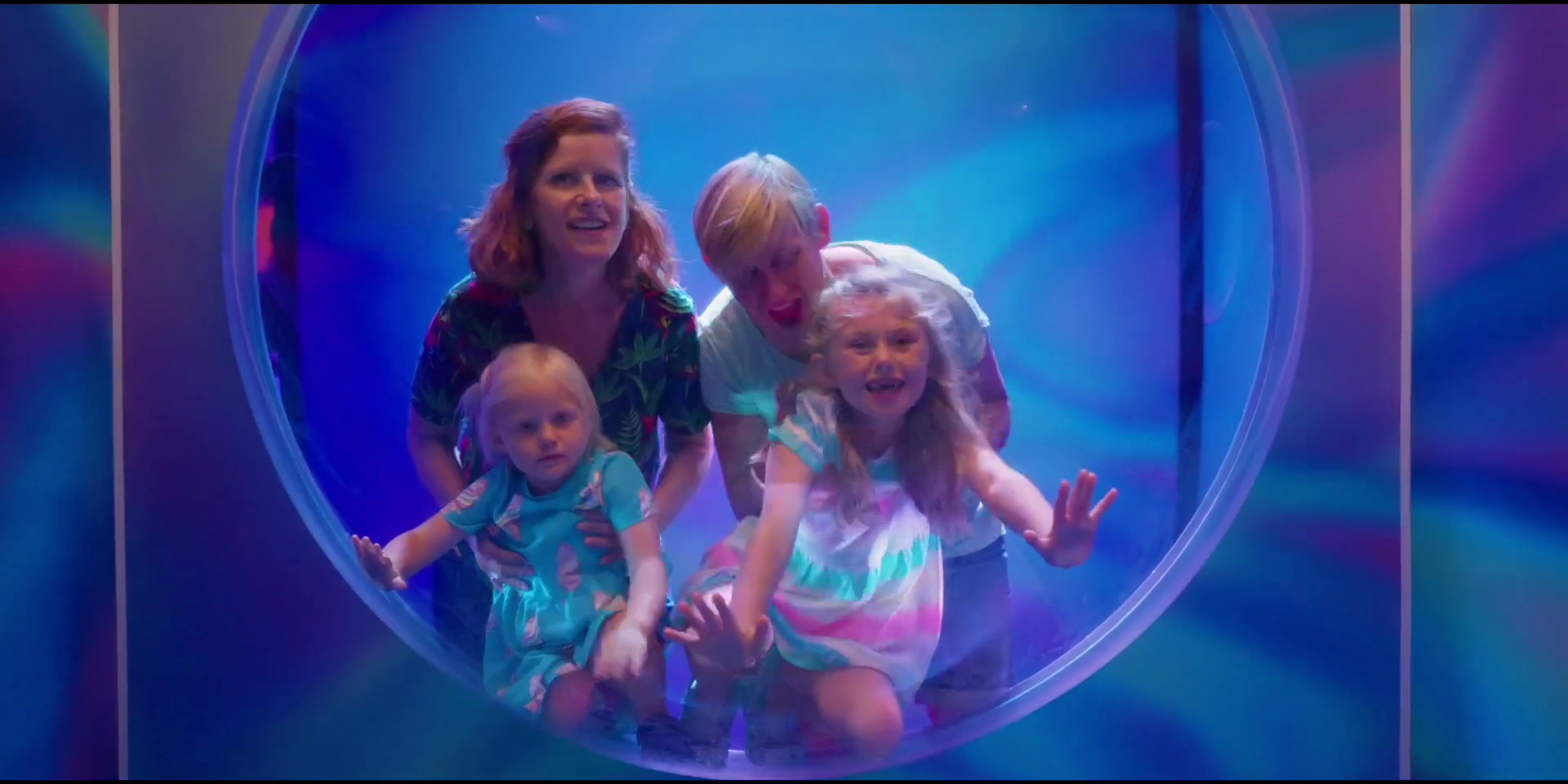
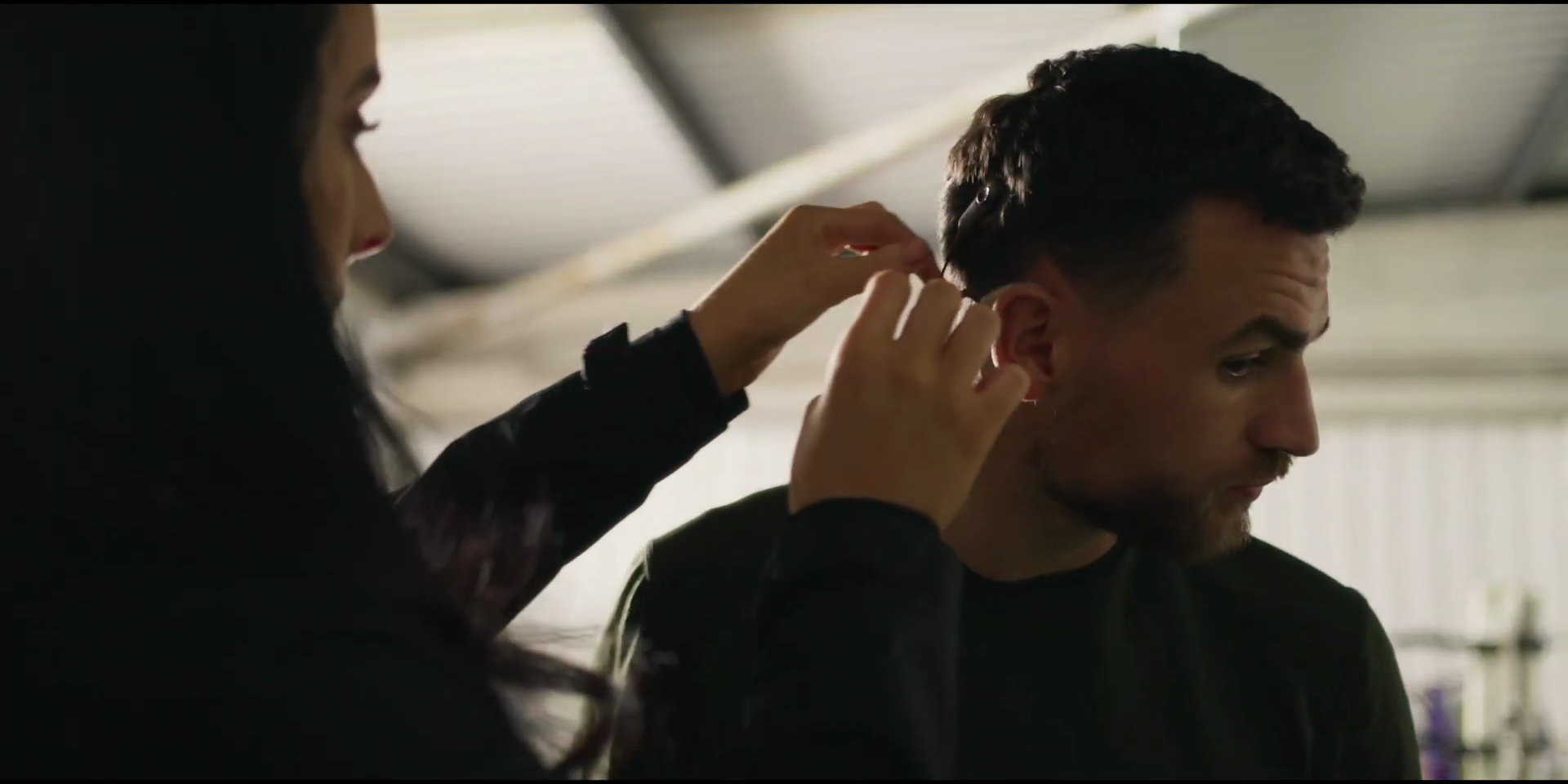
Images courtesy of Taskovski Films.
I wish A Quiet Love fought harder for social change to destabilise the discriminatory and socially unsustainable conditions facing the deaf community today.
It's unfortunate because the stories our deaf subjects tell are ripe with unique avenues left unexamined or interrogated beyond the simple acknowledgement, which include the experiences of deaf people during the Troubles in Northern Ireland, being queer and deaf, the arduous process of having children via IVF (in vitro fertilisation) and the experiences of raising CODAs (Children Of Deaf Adults), the ongoing cochlear implant debates and their unintended medical drawbacks (i.e. unable to take MRI scans due to magnetic implants).
Yet, foregrounding the delivery of these stories is the film's head-scratchingly tone-deaf cinematic usage of sign language, as you would voice-over narrations by having their words translated into English appear as subtitles on-screen. The only thing you hear is the sleep-inducing score emphasising nothing but the silence evinced by our subject's obvious understanding of the superfluousness of vocal communication. This idiotic editing approach of grafting conventional cinematic storytelling against the unique communicative properties of ISL (Irish Sign Language) and BSL (British Sign Language) repeats throughout the entire film, making sure us the audience simultaneously hear nothing from their voices they obviously don't need, but also see nothing by having the film's B-roll footage play atop what could be us bearing witness ISL/BSL's animated hand gestures and our subjects' facial expressions consistently without interruption.
One could make the comparison that the lack of traditional spoken dialogue mirrors the same silent auditory experiences of deaf people, but looking at text is not the same as looking at a person physically signing. Nevertheless, the film insists on its inconsiderate narrative momentum and immersion to even think about the moral implications of depicting 'the deaf community on film', but instead continues on the careerist temperament of making a 'film on the deaf community'.
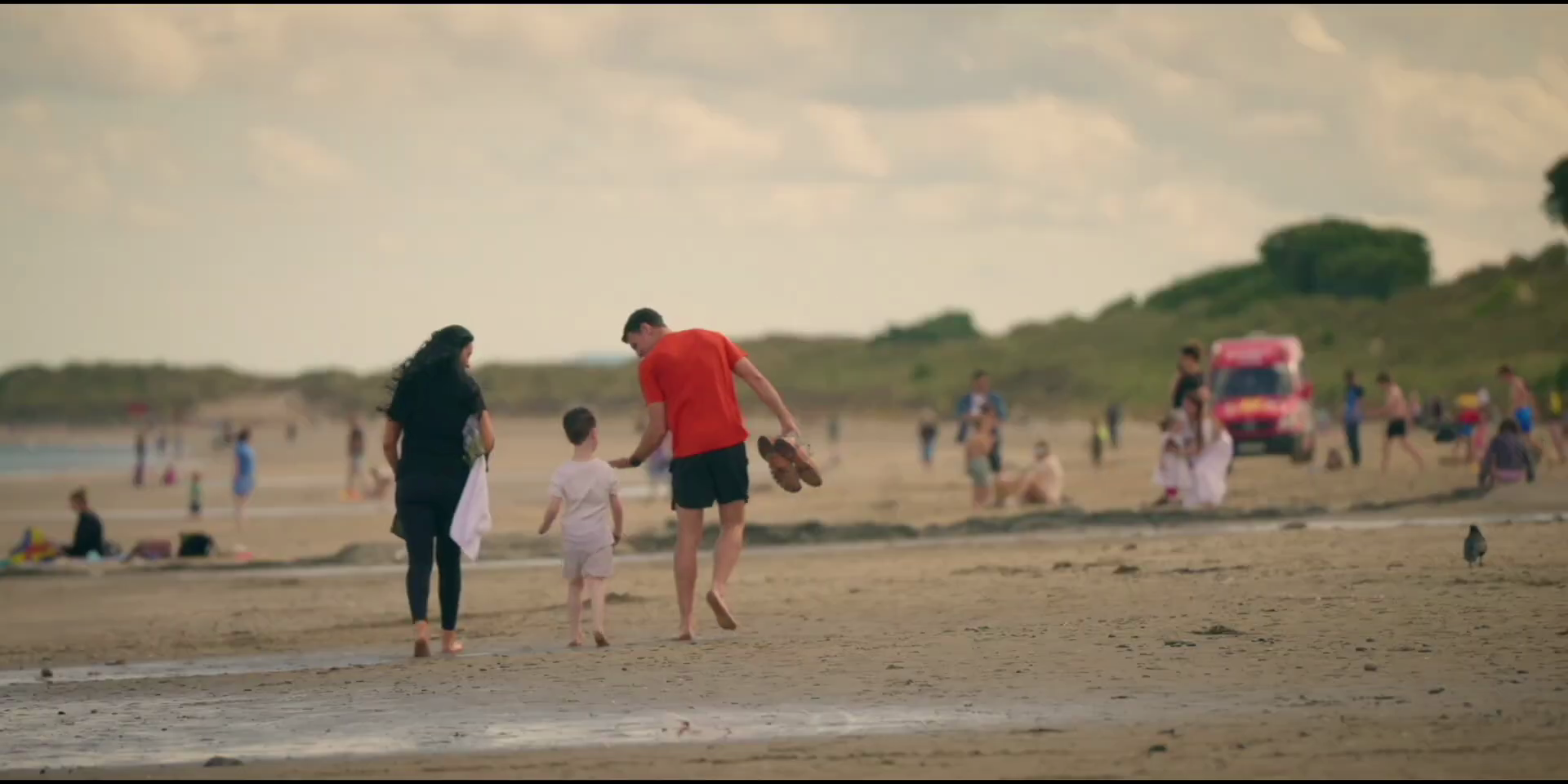
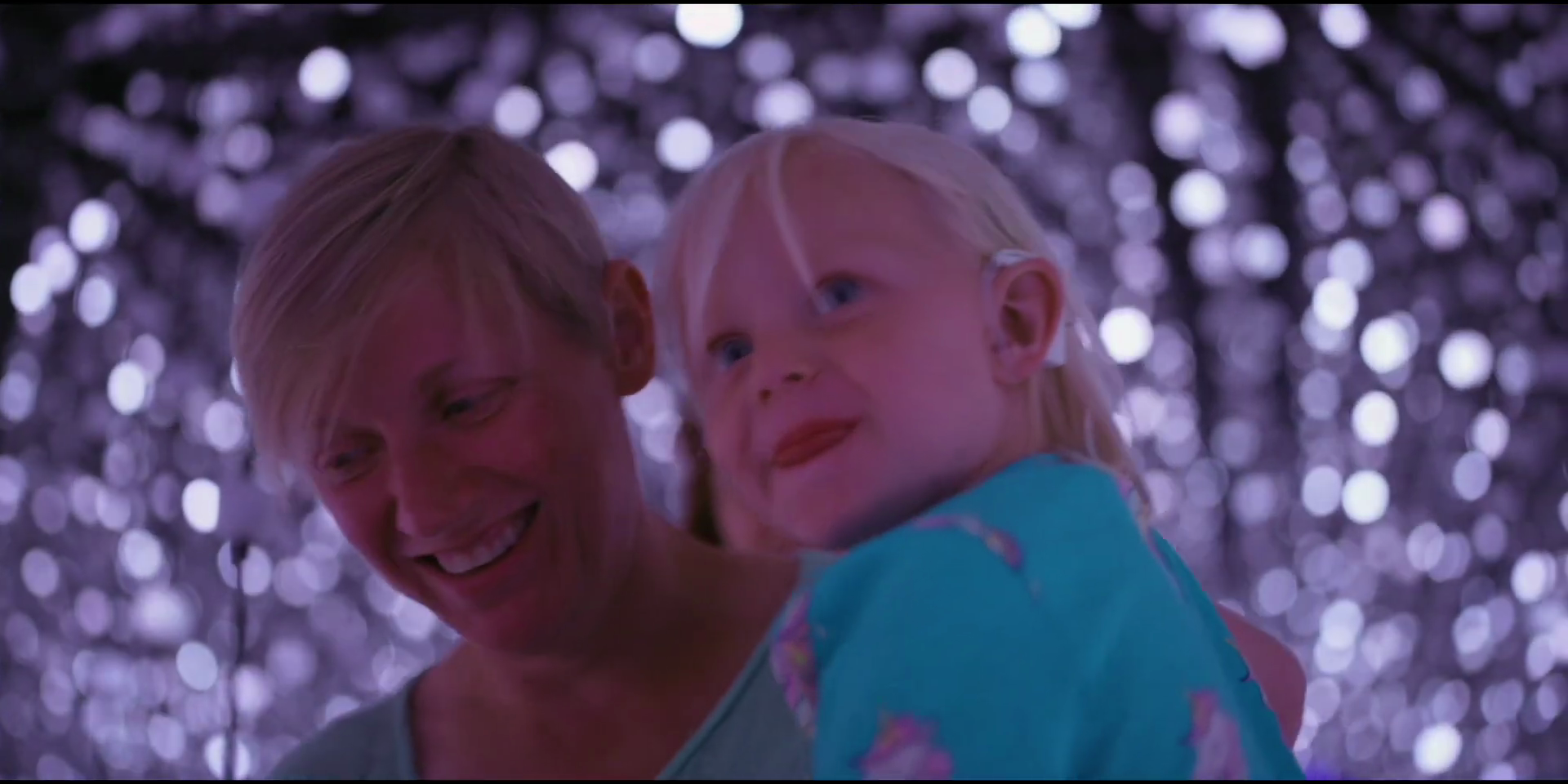
Images courtesy of Taskovski Films.
If it's possible to judge a fish by its ability to climb a tree—in the same way the deaf community can embody more interesting, diverse and unshackled ways of existing outside the norms and limitations of their supposed 'disability'—A Quiet Love disappointingly takes the road most travelled.
But who am I to judge, really? This film won the 'Being Oneself' category at the Doc Edge awards ceremony. In an interview with Business Doc Europe, director Garry Keane shares this:
All the master interviews had three cameras on them, so that we could get not only the two-shot with the pair of them in it, and we see them looking left and right at each other, but also to have close-ups on them. We could cut in and really capture that moment when something serious was being said, or something happy was being said, or something loving was being said.
I guess nothing else screams 'being oneself' than having an accomplished TV documentarian tell your story for you and methodically pick and choose which emotions are suitable for your representation, like you would in a reality TV show.
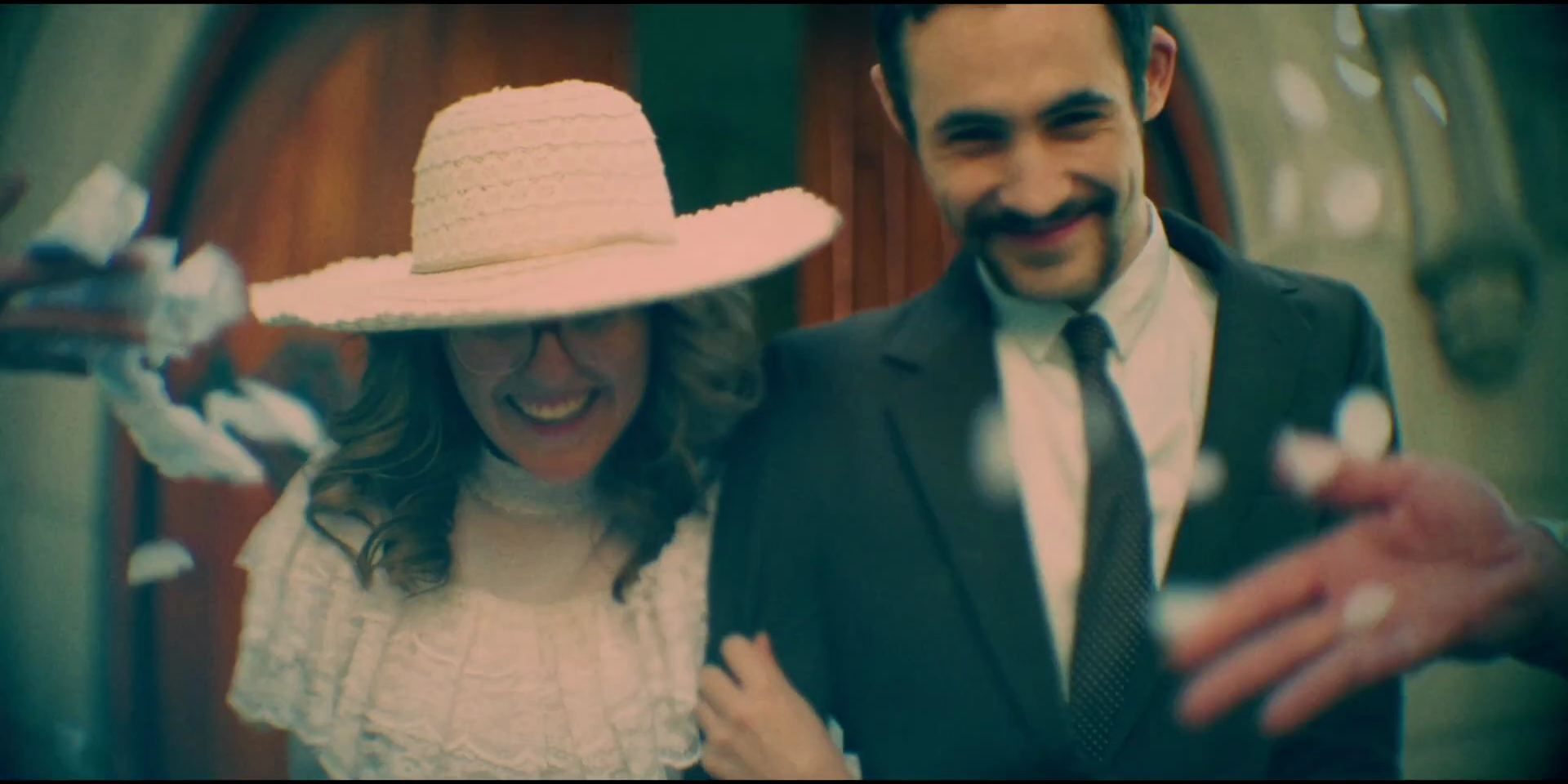
A Quiet Love Trailer │ Doc Edge Festival 2025
Doc Edge Festival is in Auckland from 25 June through to 13 July. The festival will also be showing in Christchurch and Wellington (16 July - 27 July).
A Quiet Love will be available to watch in Doc Edge's Virtual Cinema, where you can also watch the rest of the 79 films in the programme. Streaming access will only open on 28 July, which is when you can start watching films online.

Disclaimer:
The views and opinions expressed by authors in their submissions do not necessarily reflect those of Craccum. Craccum does not endorse any content or viewpoints published and is not responsible for the accuracy or reliability of the information provided by contributors.


